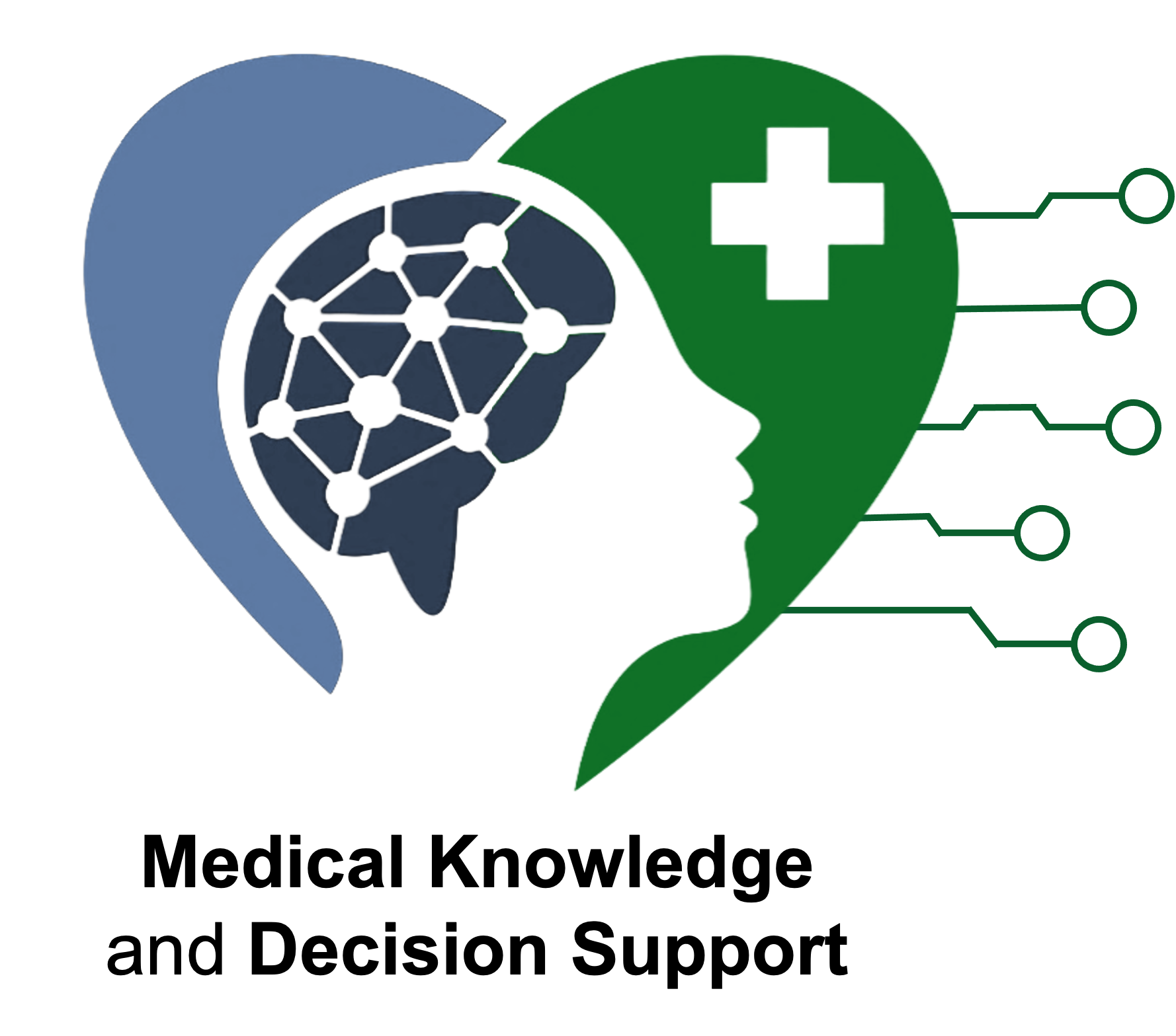Call for Abstracts
Medical knowledge is accumulated via clinical research and disseminated via multiple synthesis and translation mechanisms into daily clinical practice. Historically, there was a large divide between ‘expert’ knowledge available only to highly trained clinicians, but increasingly, the boundaries between knowledge domains are blurring, as medical knowledge is also becoming available directly to members of the public via digital tools, for example, Google and WebMD. Medical facts and discoveries are an integral part of health coverage and debates in the general media, and increasingly in social media, affecting public and patient knowledge of medical topics which in turn informs – and is informed by – lived experiences that patients bring into clinical encounters. On the other hand, medical knowledge is represented by medical training and (ongoing, cumulative) medical evidence base, which itself is being transformed by trends such as the acceleration of research accumulation and disciplinary specialization. As a result, there is an ongoing interplay of these different knowledge domains with doctor-patient shared decision-making.
The DSI Health community plans to hold an international and interdisciplinary workshop exploring the role of digitalization on the communication of medical knowledge in different knowledge domains, and how medical knowledge obtained via digital tools such as Google and WebMD affect the doctor-patient relationship and shared decision-making. The workshop will bring together an interdisciplinary group of researchers, health practitioners, and interested members of the public to discuss topics around medical knowledge creation and exchange, flow, and transfer within and between different knowledge domains.
The workshop organizers would like to invite abstracts on any topic related to medical knowledge, digitalization, and their effects on the doctor-patient relationship.
Specific topics may include:
- The role of digitalization in democratizing medical knowledge
- Digital translations, disciplinary specializations, and multi-perspective bridges
- Medical knowledge in the media
- Narratives and discourses in medical knowledge
- Digitalization of the medical scientific literature
- Knowledge negotiation in clinical dialogues
- Digital support for medical knowledge in shared decision-making
- Digitalization as an accelerator of knowledge translation
- The doctor-patient relationship
Abstracts should be 200-500 words in length and should be submitted via this form by the 30th of April, 2023. Abstracts will be reviewed by the organizing committee and may be selected for oral or poster presentation.

